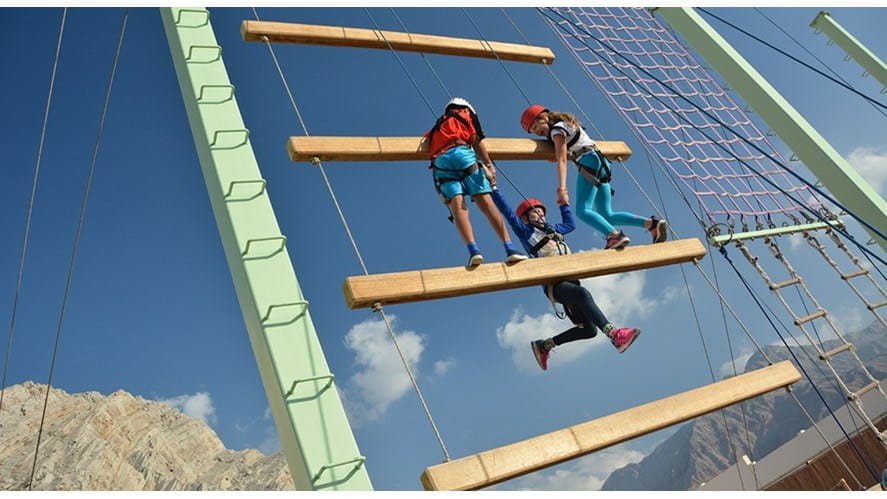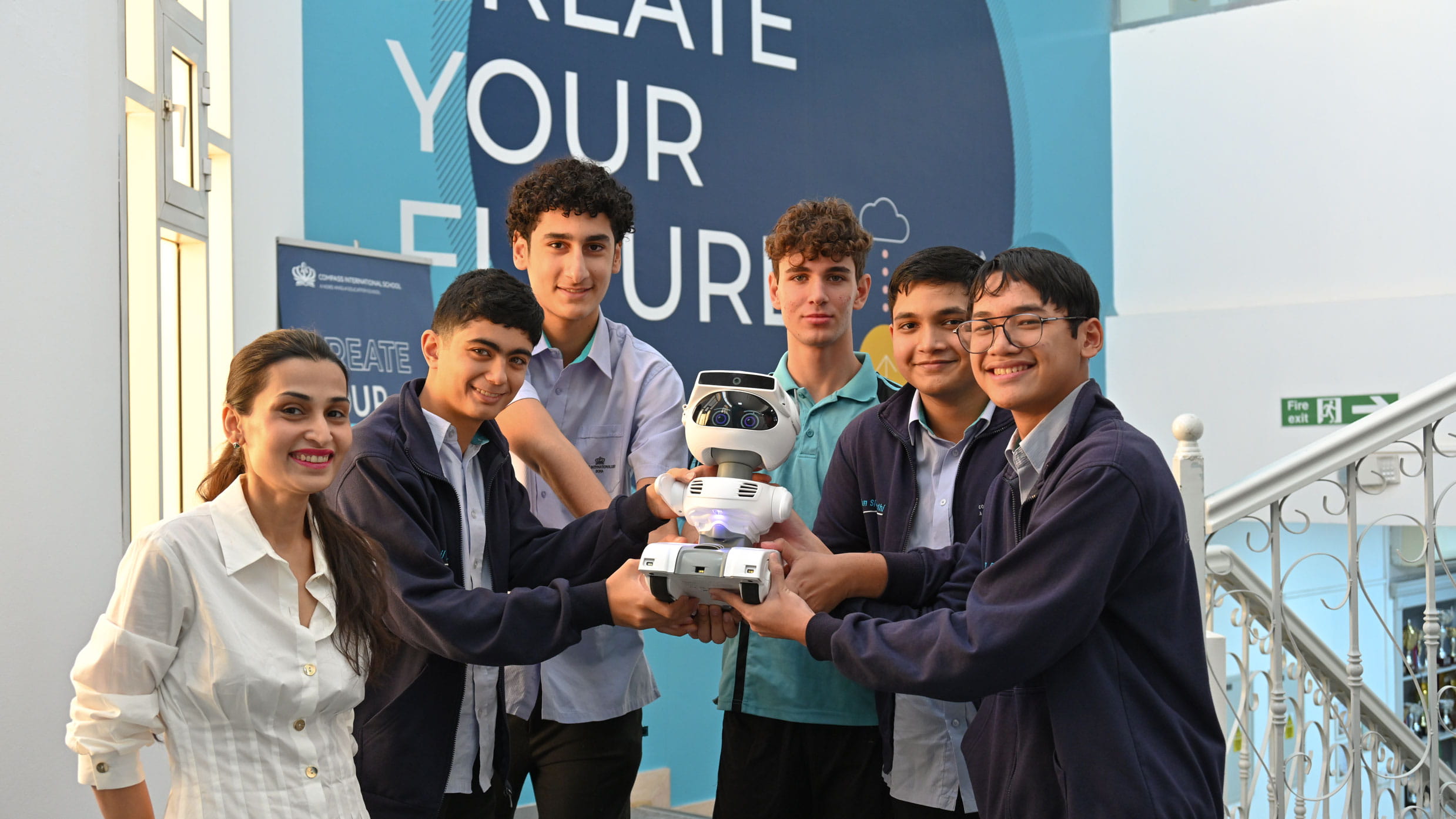The Power of Taking Risks Alan McArtney, Primary Teacher writes about the benefits of risk taking.
Public opinion usually recognises that success is good and failure is bad. For teachers, there is a broader perspective because they know that we learn as much form our failures as we do from our achievements. Although it is often a challenge to break the status-quo, teachers know the importance of trying to accomplish something, often for the first time, and the importance of reflecting and adapting following a set-back. Growth and perseverance are invaluable traits for the global community in which we live, and these qualities can only be developed through challenge and adversity. Teachers know this and thus facilitate and nurture responsible risk-taking ventures for students in their classrooms.
When asking the nine year olds in my Year 5 class what it means to take risks in their education, the children had some inspiring answers. Some offered examples of trying something new or challenging even if they knew it would be hard at first; not being afraid to fail or to look silly; to accept failure as it means they are learning and, in time, will become better at the task. When faced with food that I was uncertain about, my mother would always say: “Try it; it might be the best thing you’ve ever had.” Applying the same principle to new, everyday experiences is exactly what good teachers do, each and every day. Try it, you may really enjoy it, and you will be inspired by the challenge of overcoming the uncertainty of not knowing how well you could succeed.
Taking risks applies to all areas of education – it is the foundation of our pedagogy, the art of teaching. It is a fundamental part of the psyche of good teachers and how we approach our practice. Quality schools will enable and encourage risk-taking staff members, innovative methods and new ways of learning. Creating a culture where taking risks and accepting failure is important in helping students to be resilient, adaptive and ambitious. This, in turn, encourages a mindset that enables them to develop strategies to deal with defeat and overcome limitations.
Let me finish with the story of a young, Scottish teacher and his first experiences teaching a class of seven year olds. Keen to share some of his culture and heritage, the teacher plans for a Scottish Country dance lesson. However, his excitement plummets when the introductions are met with groans and frowns from a large number of the boys in the class. Their moaning continues on the way to the gym, and the teacher begins to worry if this might have been a mistake. Keeping calm, a final invitation is given to the boys who have stubbornly chosen to sit on the benches at the side instead of taking position in the centre of the hall. Those who showed the courage to stand feel anxious about what will happen next. As the music begins, there is a final attempt by the teacher: “Feel free to join in whenever you like.” The music plays, the dancing begins, there are some embarrassed mis-steps but a lot of laughter. Gradually, the other boys begin to take their places with the rest. By the end of the lesson, the benches are empty and there is a full class spinning, stomping, clapping and laughing as they execute the routines. By the end, the frowns are now on every child as the lesson must come to an end before lining up and returning to the classroom.
It is now five years since I taught that class and I realise how close those children were to missing out on a unique learning experience; an experience they would often remind me of as they moved further up the school and one that I too will never forget. So, give it a go, take a risk - it might be the best thing you have ever done.
Mr. Alan McArtney
Alan McArtney teaches in the Primary School at Compass International School Doha, a Nord Anglia Education school. He supports the Global Campus and STEAM initiatives as well as the Student Leadership Team. To find out more about his leading edge programmes, contact the school by email: learning@nais.qa








